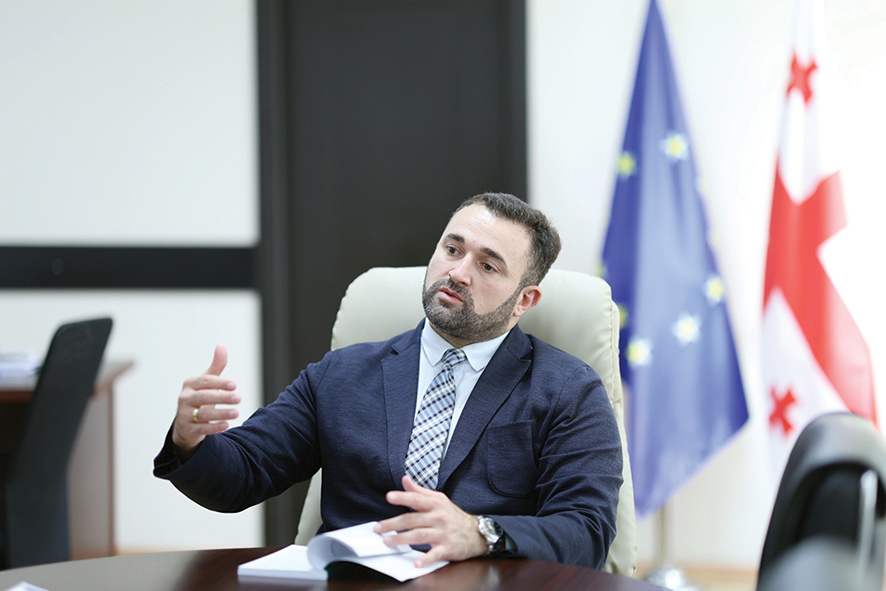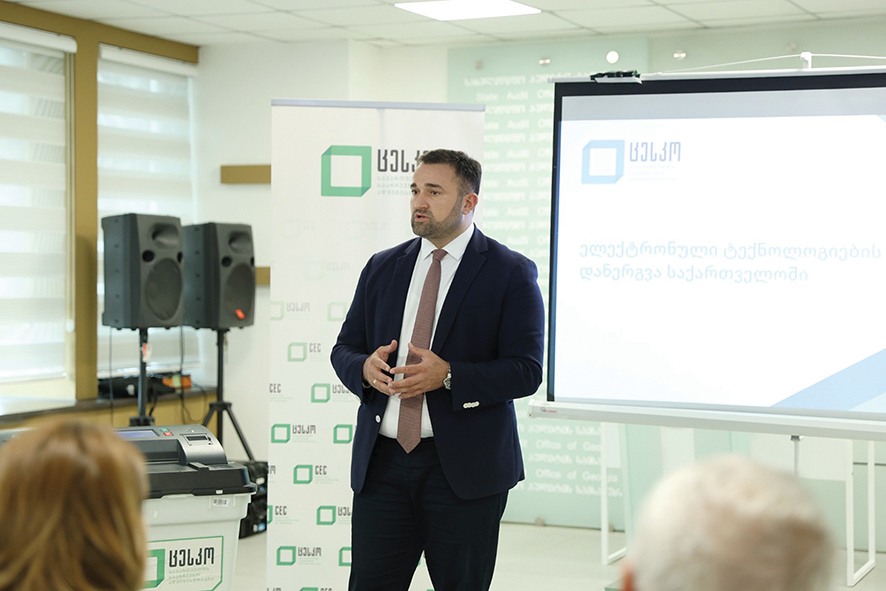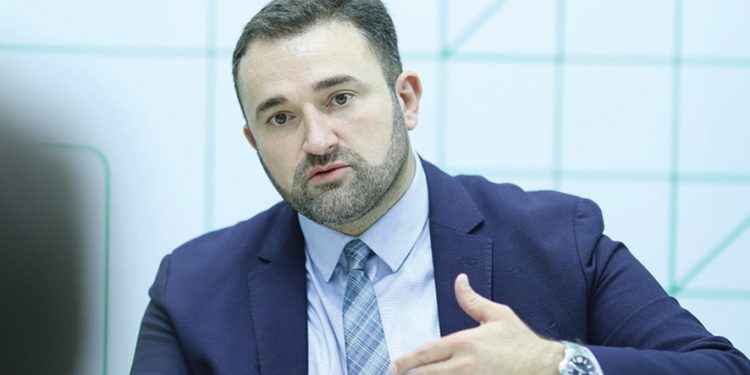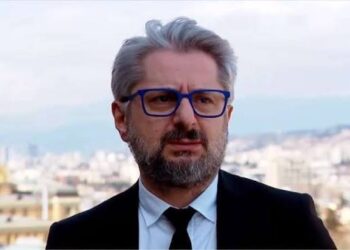The Central Election Commission (CEC) of Georgia has been modernizing the country’s election process by introducing high-end technologies that ensure transparency, efficiency, and security. In partnership with international companies like Smartmatic, the incorporation of digital solutions has been the institution’s priority. The CEC has employed practices that meet international standards while safeguarding voter data, improving accessibility, and ensuring public trust. GEORGIA TODAY’s interview with Giorgi Kalandarishvili, the chairperson of the organization, focuses on the recent technological advancements and their overall expected impact on the elections, as well as the future plans and goals of the CEC.
“The CEC has embraced a new approach to election technology that prioritizes transparency, efficiency, and reliability,” Kalandarishvili tells us. “In the selection process, we prioritized reliability, data safety, comfort for voters, and easy adaptation to our electoral framework.
“In line with international best practices and the recent amendments to the Election Code, we have been conducting extensive piloting since 2018. These pilot programs were informed by analyses of international standards and covered both general and extraordinary elections, allowing us to fine-tune the implementation process.
“Our partnership with the internationally renowned vendor company Smartmatic, selected through a public procurement tender, further ensured that we integrated proven technology. Notably, Smartmatic has extensive experience in modernizing elections in over 30 countries,” he notes, highlighting that CEC prioritized technologies that do not require an internet connection, safeguarding against potential manipulation or cyberattacks.
“By focusing on these elements, we ensured that decisions were not only based on the best international practices, but also that they went through extensive pilot trials, which ultimately led to multi-party agreements and legislative changes.”

How did these technologies improve the election process?
The implementation of voter verification and electronic vote-counting technologies has greatly enhanced the efficiency of the election process. Nearly 90% of voters will now benefit from these services, which simplify voting procedures, reduce human error, and ensure faster vote counting and preliminary data generation. The integration of a paper trail and mandatory recounts ensures the accuracy of machine counts, further strengthening transparency. In remaining 10 percent of polling stations, traditional method of voting will be applied, however, ballot papers will be digitized and uploaded to Google platform, ensuring full public access and improving trust in the process. Consistent results from previous elections have validated the system’s reliability.
What measures does the CEC take to ensure maximum data protection?
Voter confidentiality is of the utmost importance to the CEC. Even though it is not mandated by legislation, we conduct regular audits to ensure system integrity and transparency. To this end, we’ve engaged Pro V&V, one of the two accredited firms in the US, to perform a three-stage audit of our election technologies. Since our systems are not internet-based, the risk of cyberattacks is significantly reduced, further safeguarding the election process. This comprehensive approach ensures that voter data is securely protected while maintaining public trust.
Is the election process simplified for Georgian citizens residing abroad?
Georgian citizens living abroad will participate in the election through traditional means. In close coordination with the Ministry of Foreign Affairs (MFA), but also utilizing other information channels, we ensured the dissemination of information related election procedures and deadlines to voters abroad. Initially, we established 60 election sites in 53 cities across 42 countries. However, due to the growing number of registered voters, we added seven more locations. While electronic voting will not be available for overseas voters, we’ve ensured that all logistical and organizational aspects are well-coordinated, promoting maximum engagement among Georgian citizens abroad.
How are voters verified?
Voter verification involves a double-check process. A voter first presents an ID or passport, and the identity is verified digitally. The system then prints a receipt, which the voter signs to confirm participation. This ensures that each voter can only vote once, eliminating the possibility of manipulation. The verification system has undergone extensive audits, confirming that a voter is listed only once and cannot be duplicated, further safeguarding the process.

How do you ensure transparency for maximum public trust?
Transparency is a core principle of the election process. We have developed multiple platforms that actively engage civil society, the media, and international organizations, creating an openness about the election process. Regular meetings, information exchanges, and consultations have enabled us to incorporate feedback and recommendations into our systems. To further promote transparency, we launched a nationwide educational campaign about a year and a half ago, engaging over 600,000 citizens through mock voting events and direct outreach initiatives. Additionally, our efforts to combat disinformation ensure that the public receives accurate information, contributing to an election environment that is both fair and transparent.
Tell us about the CEC’s future plans.
Our primary goal moving forward is the continuous expansion of online services, aiming to further strengthen election security, efficiency, and inclusiveness. We are committed to exploring innovative solutions that elevate the electoral process, adhering to the highest international standards while promoting transparency.
Interview by Mariam Razmadze














